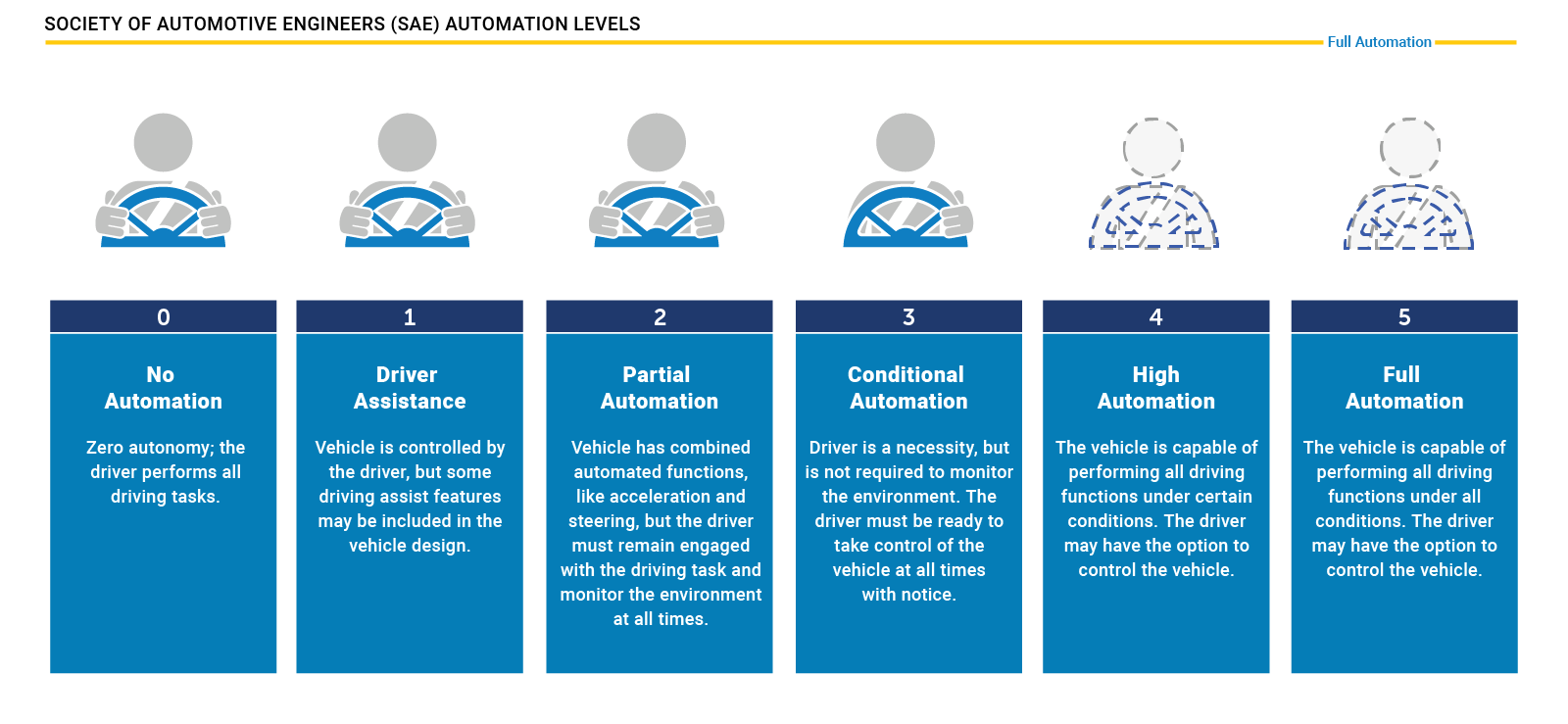Big Data & AI: Oil for New Businesses or Challenges for Privacy and Security?
bpb & Fraunhofer FIT – TechFutures
Big Data & AI: Oil for New Businesses or Challenges for Privacy and Security?

Artificial intelligence (AI) and big data have developed tremendously over the last 70 years and enabled us to do things that we weren’t capable of before. But, do we actually want to do everything? Who is in possession of all that new knowledge and power? What rules and regulations ought to be applied for future developments beneficial for everyone? Experts weight in during the first presentation of German Federal Agency for Civic Education (bpb) and deutsche ict+ Medienakademie TechFutures: Future-Lab Digital lecture series.
![]()
Speaker
- Prof. Dr. Stefan Wrobel, Deputy Director of Fraunhofer IAIS
- Prof. Dr. Karsten Weber, Director of Regensburg Center of Health Sciences and Technology (RCHST) & co-head of Institut für Sozialforschung und Technikfolgenabschätzung (IST) (‘Institute for Social Sciences and Technology Assessment’), Ostbayerische Technische Hochschule (OTH) Regensburg
![]()
Popular Milestones of AI & Big Data
- IBM Watson wins at Jeopardy (2011) – textual and natural language understanding by AI
- Alpha Go beats a human professional Go player without handicaps on a full-sized 19×19 board (2015) – artificial neural networks apply machine learning
- Autonomous Vehicles (present & future), e.g. Audi A8 as the first production car to reach level 3 autonomous driving (SAE/ NHTSA) up to 60 km/h on highways – physical manifestation of AI possibilities

- Autonomous (War)robots – see e.g. Boston Dynamics’s ‘Spot’
Basic AI Prerequisites
AI – a New Era
Functioning of programs and computers changed from programmed execution-functions that follow pre-defined rules, using traditionell structured data, to learning AI-systems that are trained by interpreting sensor and unconventional data, and improve based on experience. From providing all users with the same output, systems now “understand” text, sound and image, can recognize pattern and categorize input data by keywords and develop individuell meaning-structures allowing navigation of information.
Application examples are voice recognition software such as Amazon Alexa and Google Cortana for controlling digital devices and software, and Fraunhofer IAIS software listening and indexing ARD 24/7. Another successful example comes from healthcare, where detection software for imaging material can surpass physicians. However, learning AI can also go haywire, intended or unintended, as it was the case with chat bots on social media platforms during past political campaigns or those chanting racist slurs.
AI made Data Big – and now?
From controversial application areas to those with highly desirable outcomes, AI based on big data allows us to do things we weren’t able to do before, in industry as well as at home, but, do we want to do them all? Moreover, AI is not perfect and needs to combine data and knowledge in a way that guarantees reliability of systems, and is transparent enough for us humans us to understand their rationalisaties.
Big Data ≠ New Concept
Big Data = New Oil?
There may be a lot of data in big data, but big data and oil are not intrinsically comparable. Oil is extracted, bought by companies and sold to us customers in refined form. Data, on the contrary, is produced and sourced by each and everyone of us.
Whose Oil?
If questions on ownership, accessibility/ user right and cui bono are not answered, big data could increase social and economic division.

Big Data = Crude Oil?
“The dirty secret of big data is that no algorithm can tell you what’s significant, or what it means. Data then becomes another problem for you to solve. A lean data approach suggests starting with questions relevant to your business and finding ways to answer them through data, rather than sifting through countless data sets.”
“Furthermore, purely algorithmic extraction of rules from data is prone to creating spurious connections, such as false correlations. Today’s big data hype seems more concerned with indiscriminate hoarding than helping businesses make the right decisions.”
– Why ‘lean data’ beats big data (2013) by Matti Keltanen, for The Guardian
Wording Big Data = Framing the Future
Big Data Remedy
To utilize Big Data and AI as fuel for new socio-economic sustainable and fair business, three basic requirements have to be met:
- Decentralization – forces cooperation and developing new socio-economic – at best socio-ecological, too – sustainable technological concepts, frustrates monopolization endeavours as well as concentration and abuse of power.
- Transparency – inspection of operating principles allows counteracting undesired developments
- Transnational Regulation – counteracts official/ government and business ‘divide and rule’ conduct
![]()
- TechFutures Blogpost Overview
- Event Website
- bpb (Federal Agency for Civic Education) website
- Fraunhofer FIT’s website
- bpb Bonn’s ‘Bonner Gespräche 2018’ blogpost series



